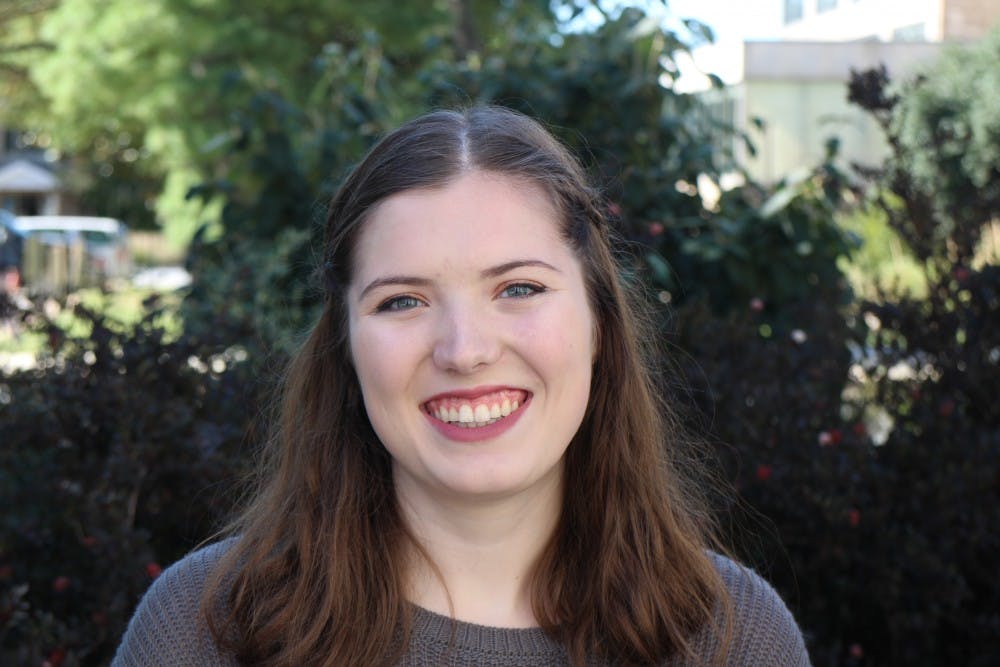For some students, the Kennedy Political Union (KPU) can seem obscure. An email sent by them only a few days before an event means that there are many undergraduates who would love to attend but can’t because they have plans, homework or work.
When KPU brought Sen. Elizabeth Warren to the Washington College of Law on Nov. 29 to discuss foreign policy, an email was sent to students three days before the event. Earlier last fall, KPU announced the Parkland Students eight days before the event took place as guests of the Larissa Gerstel Critical Literacy and Social Justice Symposium. The symposium lacked any detailed explanation.
Intrigued, I sought to find out the why and how KPU comes to its decisions about speakers and events by speaking with Yazan Hanouneh, the director of KPU. It turns out that the organization is often slowed down by the University’s procedural difficulties.
For Hanouneh, the process of bringing speakers to campus is varied, but always keeps students in mind. He explained that potential speakers are evaluated based on the event, but, overall, KPU looks into relevancy, insight, representation, inspiration, fun, audience, controversy and feasibility.
These factors vary in importance, especially as the people within KPU are students themselves.
“If I could bring President Obama, I would, but unfortunately for my dreams, feasibility plays a big factor in who we bring,” he explained.
After these factors are taken into consideration, the process starts with an idea that is then discussed and voted on. KPU then extends an invitation to the speaker. If accepted, the event goes into the process of legal contracts and planning. Between speaker schedules, speaker marketing approval and AU’s legal department, it can be difficult to effectively market events.
Hanouneh pointed to the Loretta Lynch event last October for All-American Weekend as an example of how long the planning process took. KPU began planning the event in May.
However, this still did not address the often lack of information provided to students on events and content. The speakers this school year have been well-known names and come from a variety of backgrounds. But the last-minute announcements make it difficult for someone to fit the events into a tight schedule.
I found that this is not KPU’s fault. Namely, if the Warren event last semester seemed last-minute, that’s because it was.
“Sen. Elizabeth Warren’s office reached out to us to host that event ten days before it was scheduled to happen,” Hanouneh said.
In cases like these, KPU has to do its best to provide an engaging student experience. Given the explained circumstances and the events that I have experienced so far as an undergraduate, I would say that KPU has done a solid job of doing just that.
I am convinced that the University can and should do more to support this student organization with its current funding. KPU is one of the student organizations that the University speaks most highly of, yet the University can make the events themselves difficult with bureaucratic process. If there were ways to better streamline the process, this might help mitigate the issues facing KPU and affecting students.
Samantha McAllister is a sophomore in the School of International Service and a columnist at The Eagle.
This article originally appeared in The Eagle's March 2019 print edition.





